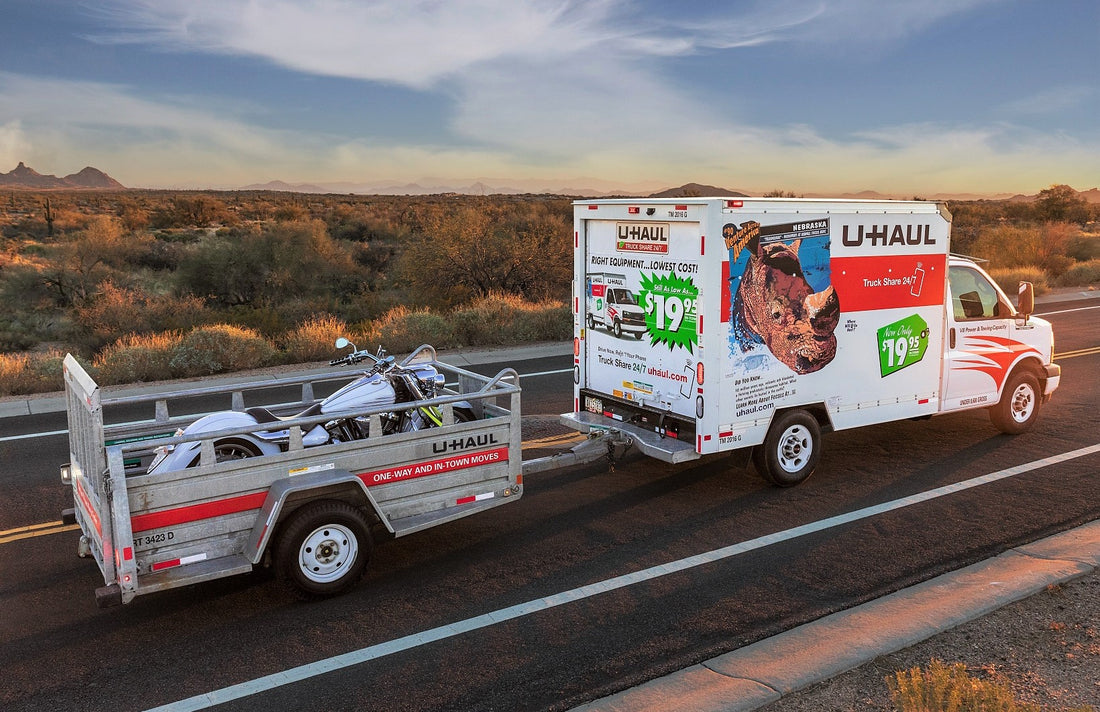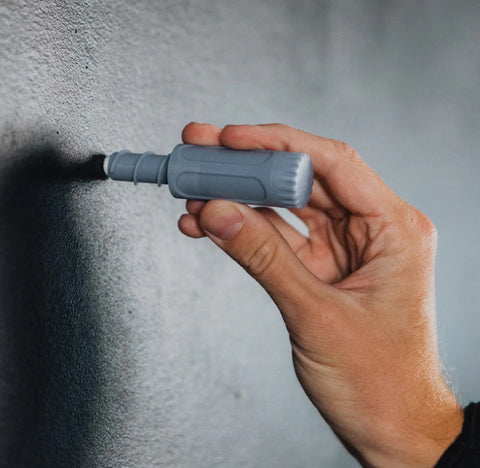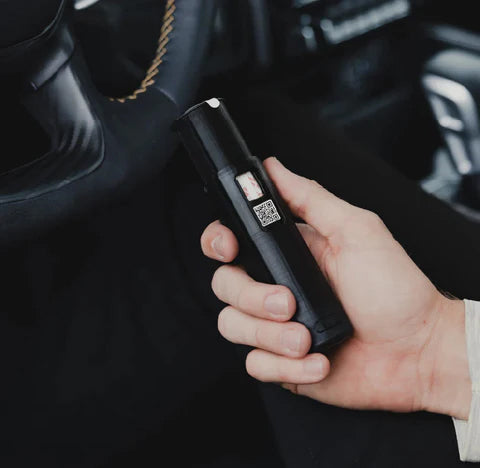U-Haul Goes Nicotine-Free: Company Implements Nicotine-Free Hiring Policy in 21 States

U-Haul International, a truck and trailer rental company based in Phoenix, Arizona, plans to stop interviewing and hiring nicotine users starting February 1st, 2021. The nicotine-free policy applies to e-cigarettes and vaping products, and will be implemented in Arizona and 20 other states where the company operates. The company, which employs around 4,000 people in Arizona and 30,000 across the U.S. and Canada, believes that the policy will help create a more healthy corporate culture. They also have a wellness program that includes programs focused on nutrition, fitness, and other aspects of wellness. The new policy is based on the legal rights and protections of nicotine users and the company’s goal of decreasing healthcare costs. The policy will also be implemented in other states such as Alabama, Alaska, Arkansas, Delaware, Florida, Georgia, Hawaii, Idaho, Iowa, Kansas, Maryland, Massachusetts, Michigan, Nebraska, Pennsylvania, Texas, Utah, Vermont, Virginia, and Washington. This policy trend is not new, with similar policies appearing in health-related businesses and a few companies such as Alaska Airlines, who have had a no-nicotine policy since 1985.
People hired before the policy goes into effect will not be affected. The company has also waived the wellness fee for employees who do not use nicotine, but they do not require tobacco users to pay a health care insurance premium. No-nicotine hiring policies have been more prominent in recent years, especially in the healthcare industry, but relatively few companies have adopted them. U-Haul has carefully analyzed state and local laws and crafted the policy to not conflict with or violate any legal protections for nicotine users. Job applicants in the affected states will see statements discussing the nicotine-free hiring policy on applications, and they may be questioned about their nicotine use. In states where testing is allowed, applicants might need to undergo nicotine screening in the future. Overall, the company’s goal is to enhance its wellness program and decrease healthcare costs, while also taking care of its team members as the primary focus.
It’s worth noting that this move by U-Haul has received some backlash, with some people arguing that the policy is discriminatory and infringes on personal freedom. However, U-Haul’s decision is based on the legal rights of employers in certain states and their desire to promote a healthy corporate culture and decrease healthcare costs. It remains to be seen how this policy will be received by job applicants and employees in the affected states, and if other companies will follow suit in implementing similar policies.
It’s also worth noting that this nicotine-free policy is not the only way that U-Haul is promoting a healthy corporate culture. As mentioned before, they have also built a large conference and fitness center on their campus, and they offer programs that focus on nutrition, fitness, and other aspects of wellness. These efforts by U-Haul demonstrate that they are committed to not just promoting a healthy lifestyle among their employees, but also creating an environment that supports their overall well-being.
In addition, U-Haul’s policy is in line with similar policies that have been adopted by other companies and organizations, such as hospitals and healthcare providers, who also seek to promote healthy lifestyles among their employees. It’s likely that this trend will continue to grow, as more companies and organizations realize the benefits of promoting healthy lifestyles for their employees, both in terms of employee well-being and cost savings.
All in all, U-Haul’s nicotine-free hiring policy is part of a larger effort to promote a healthy corporate culture and decrease healthcare costs, it’s based on legal rights of employers in certain states and it’s in line with similar policies that have been adopted by other companies and organizations. It will be interesting to see how this policy will be received by job applicants and employees in the affected states, and if other companies will follow suit in implementing similar policies.
Interested in learning more? Click the link below:

